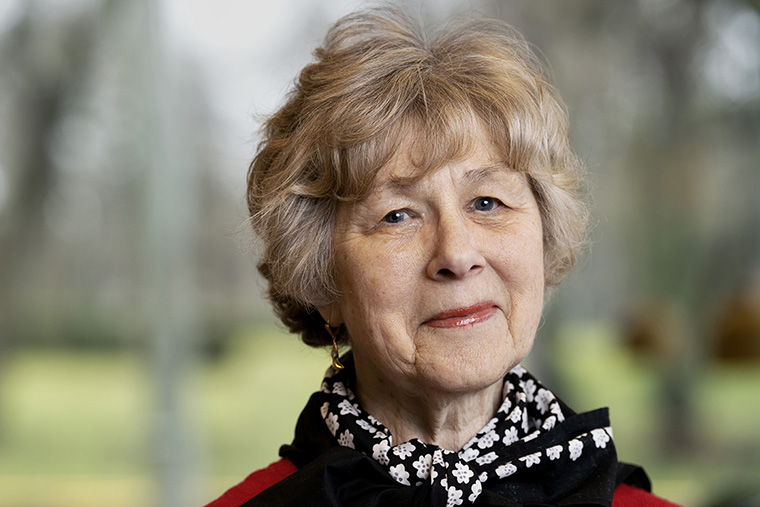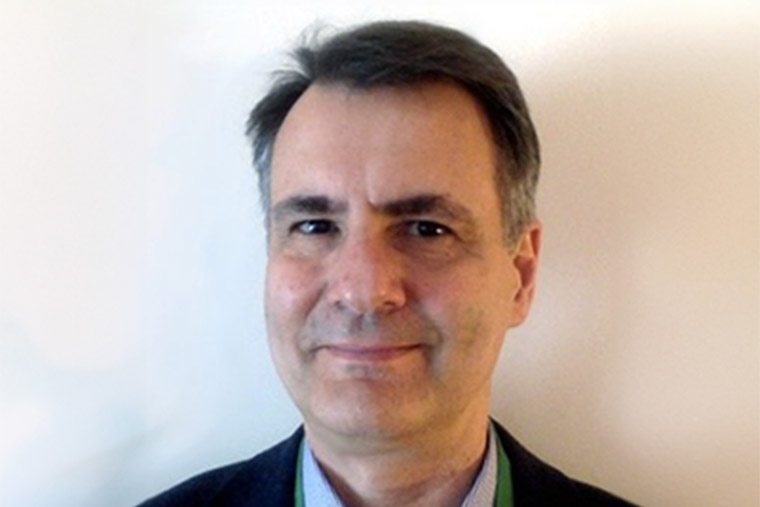Keynote II Ingrid Pramling Samuelsson & Fabio Dovigo
Advancing Education for Sustainable Development for All: The Contribution from the Early Years
This keynote will present the recent development of ECEfS as a field for research and practice that helps overcome the conventional idea of sustainable education as promoting activities in nature with children and builds a broader perspective that includes the role of economic, social, and political dimensions for the human and non-human environment.
Reviews of recent international practices in the area of Early Childhood Education for Sustainability (ECEfS) show that, even though the number of research on ECEfS as a growing prominent topic has increased, it still needs a research foundation and critique (Elliott et al., 2020; Somerville & Williams, 2015). Research especially emphasises the lack of studies empowering children to think critically and be change agents and transformative in their own environment (Bascopé, Perasso & Reiss, 2019). Accordingly, researchers put into question some of the traditional categories through which ECEfS is currently conceptualised. Rephrasing Chakrabarty, we would say that in thinking educationally about humans “in an age when intensive capitalist globalisation has given rise to the threat of global warming and mass extinction, we need to bring together conceptual categories that we have usually treated in the past as separate and virtually unconnected” (Chakrabarty, 2021: 7).
What are the efforts of UNESCO when it comes to sustainability and where are the most burning sustainability questions that can be enlightened related to the very youngest age group - children before school age? Focus is on quality education, but what does this mean related to a sustainable future in a very diverse world, based on different values, presumptions, and geographical positions? Research is necessary for becoming able to build a solid perspective based on reality, but research alone will not change the world – for this there has to be engaged individuals and organizations, on all levels in the society who drive the change. All contributions count! But there are concepts that can be questioned for various reasons, one of these is greening/climate change as a central concept used by UNESCO today.

Ingrid Pramling Samuelsson
Ingrid Pramling Samuelsson is Professor in Early Childhood Education at the University of Gothenburg and has a UNESCO Chair in ECE and Sustainable Development. She was the World President of OMEP 2009-2014 and is still a leader in the ESD work for OMEP. Her research is about children’s learning in preschool and how teachers can provide opportunities for this. Here play and learning become central questions. During later years her research focuses on Sustainability in preschool.

Fabio Dovigo
Fabio Dovigo (PhD) is Professor of Education at the Department of Social Work, Education and Community Wellbeing, Northumbria University, Newcastle-on-Tyne, UK. His research focuses on the area of Early Childhood Education and Care and Inclusive Education. He is the holder of the UNESCO Chair “Supporting Early Years Care and Education”. He is Networks’ Representative within the European Education Research Association Executive Board and convenor of the EECERA SIG Sustainability in Early Childhood Education.
Back to the conference programme
